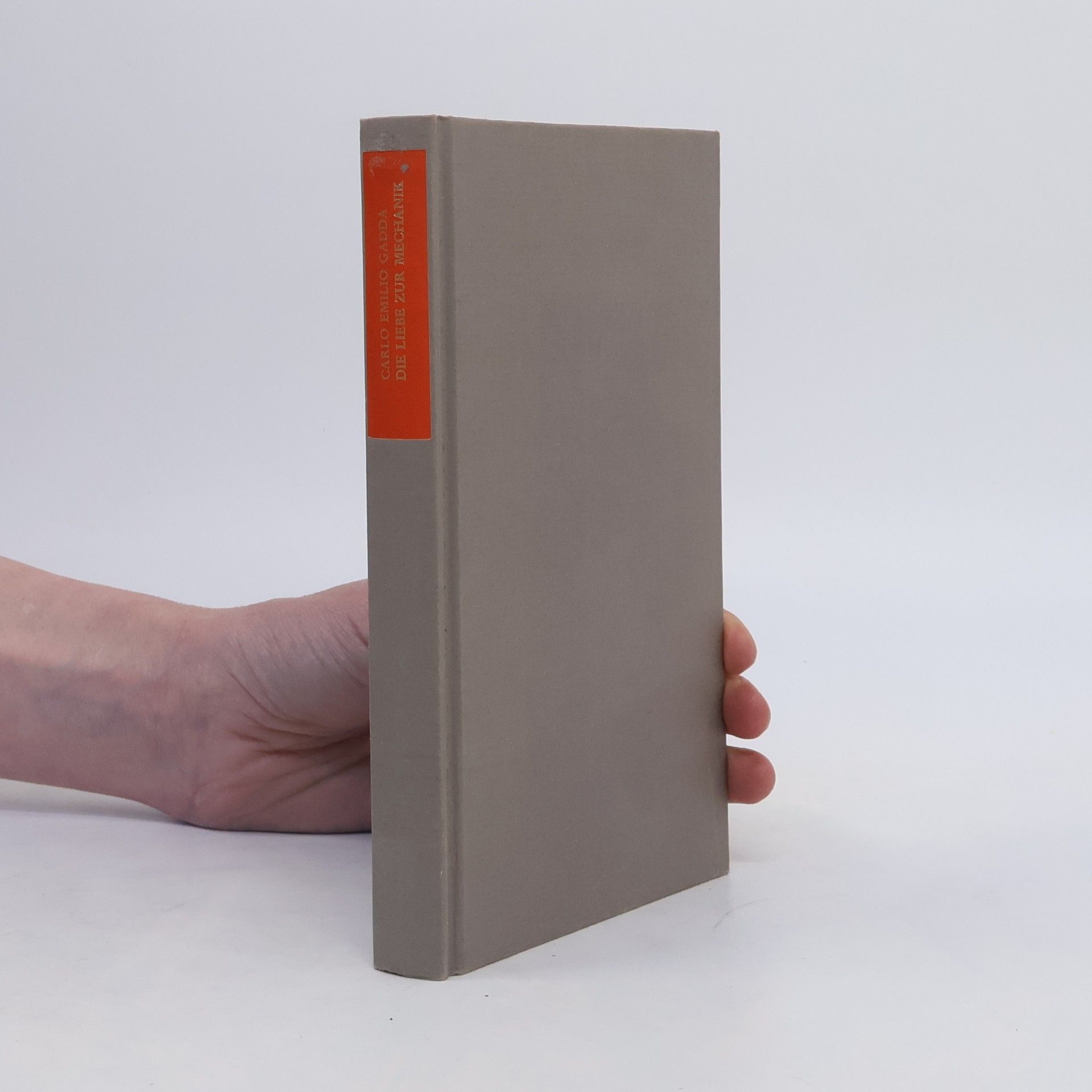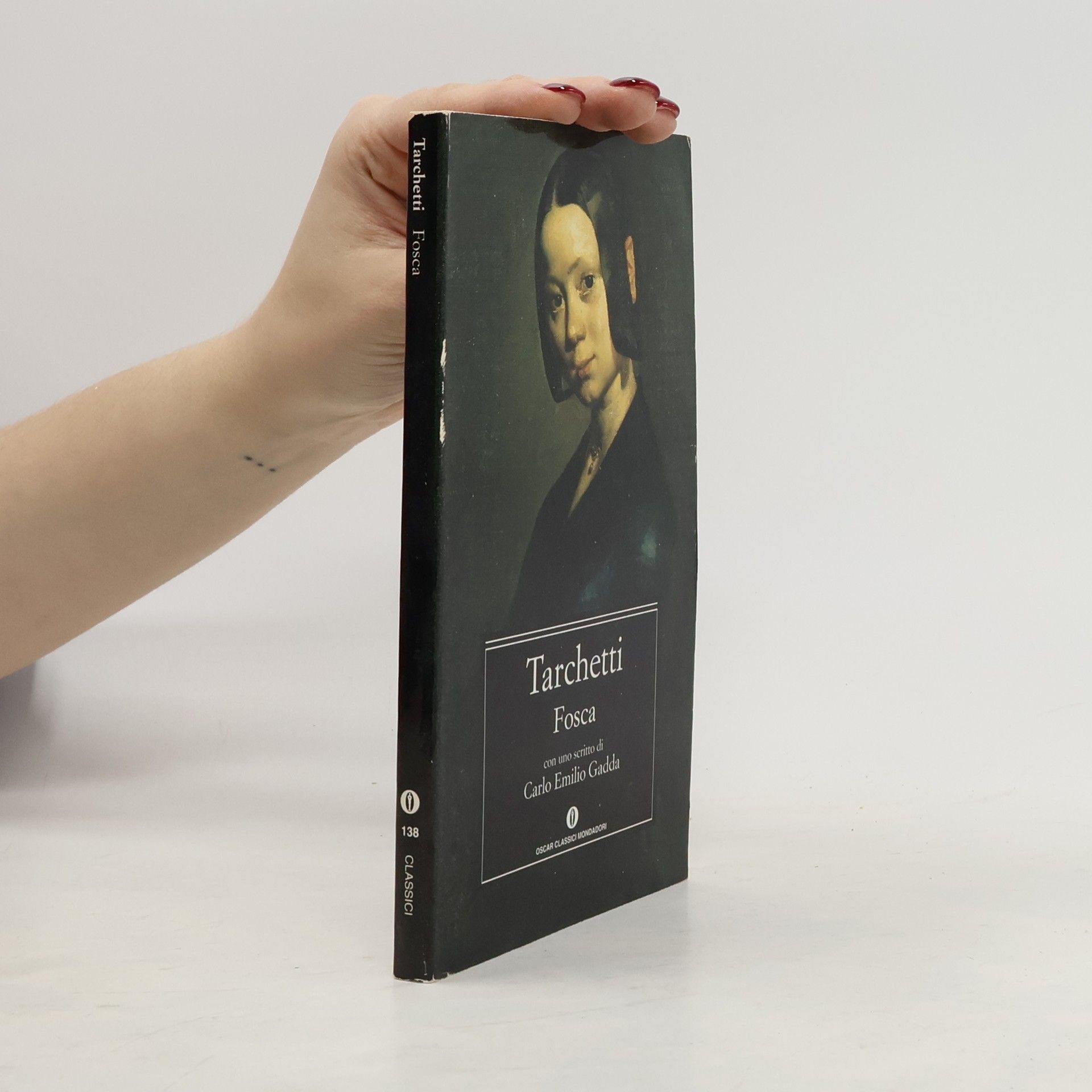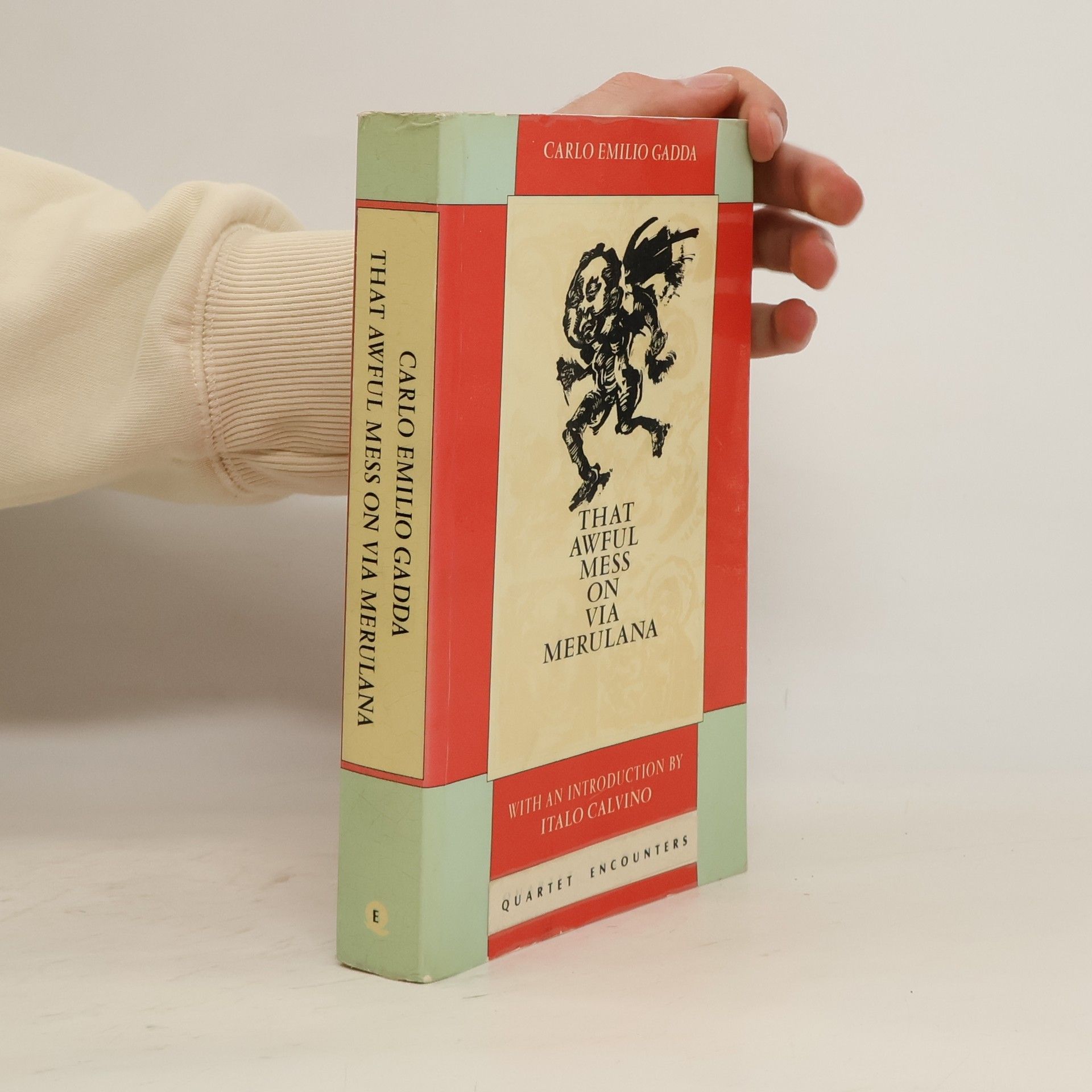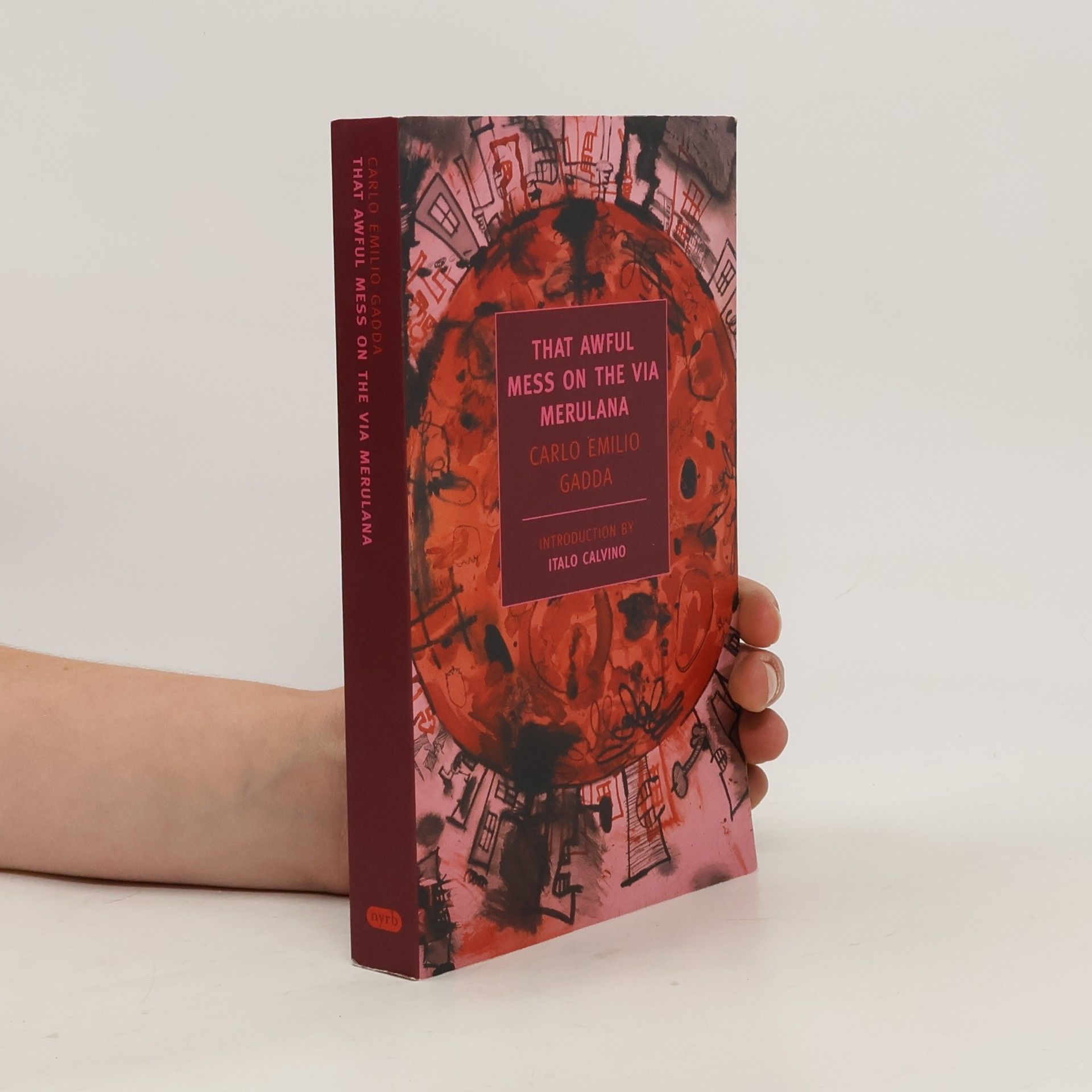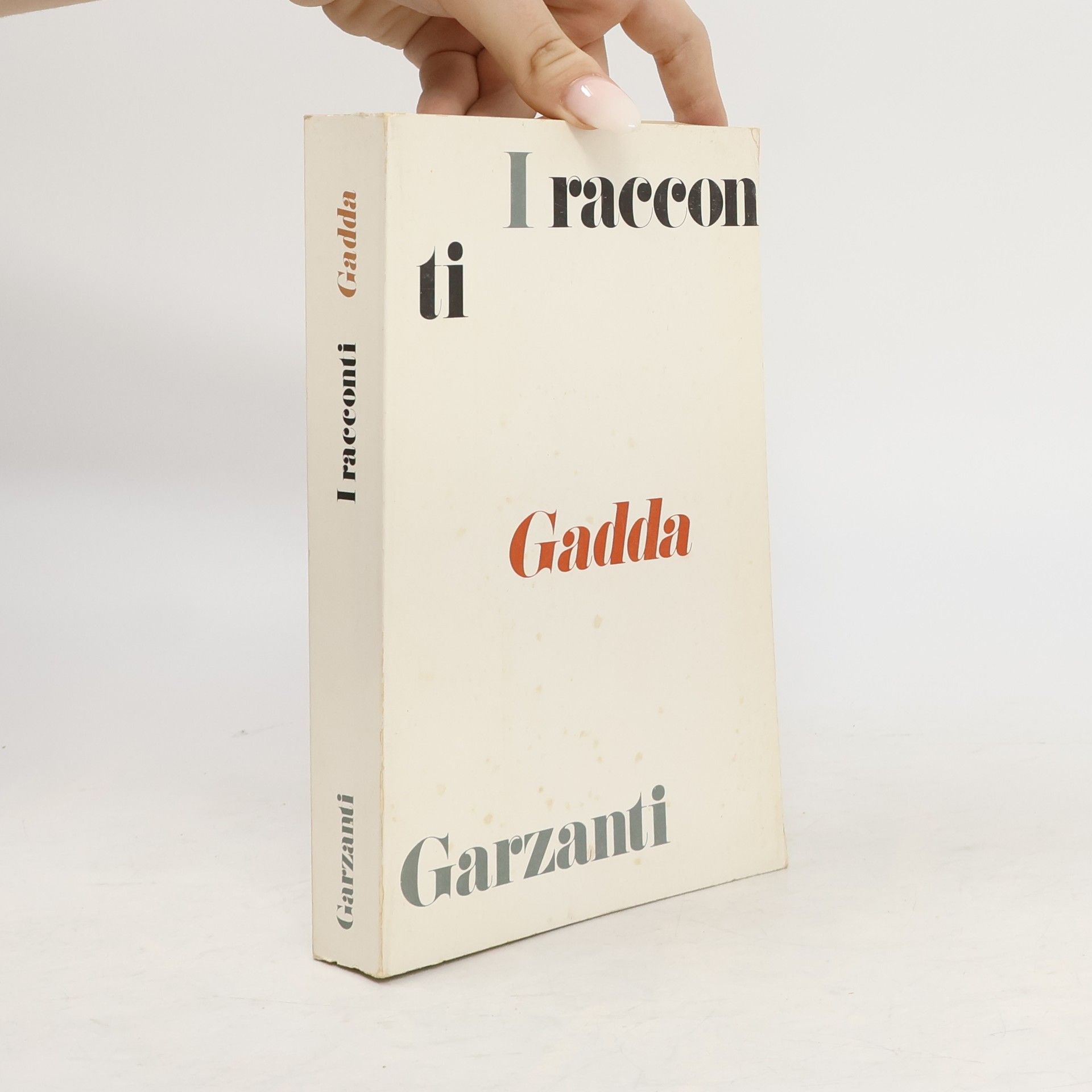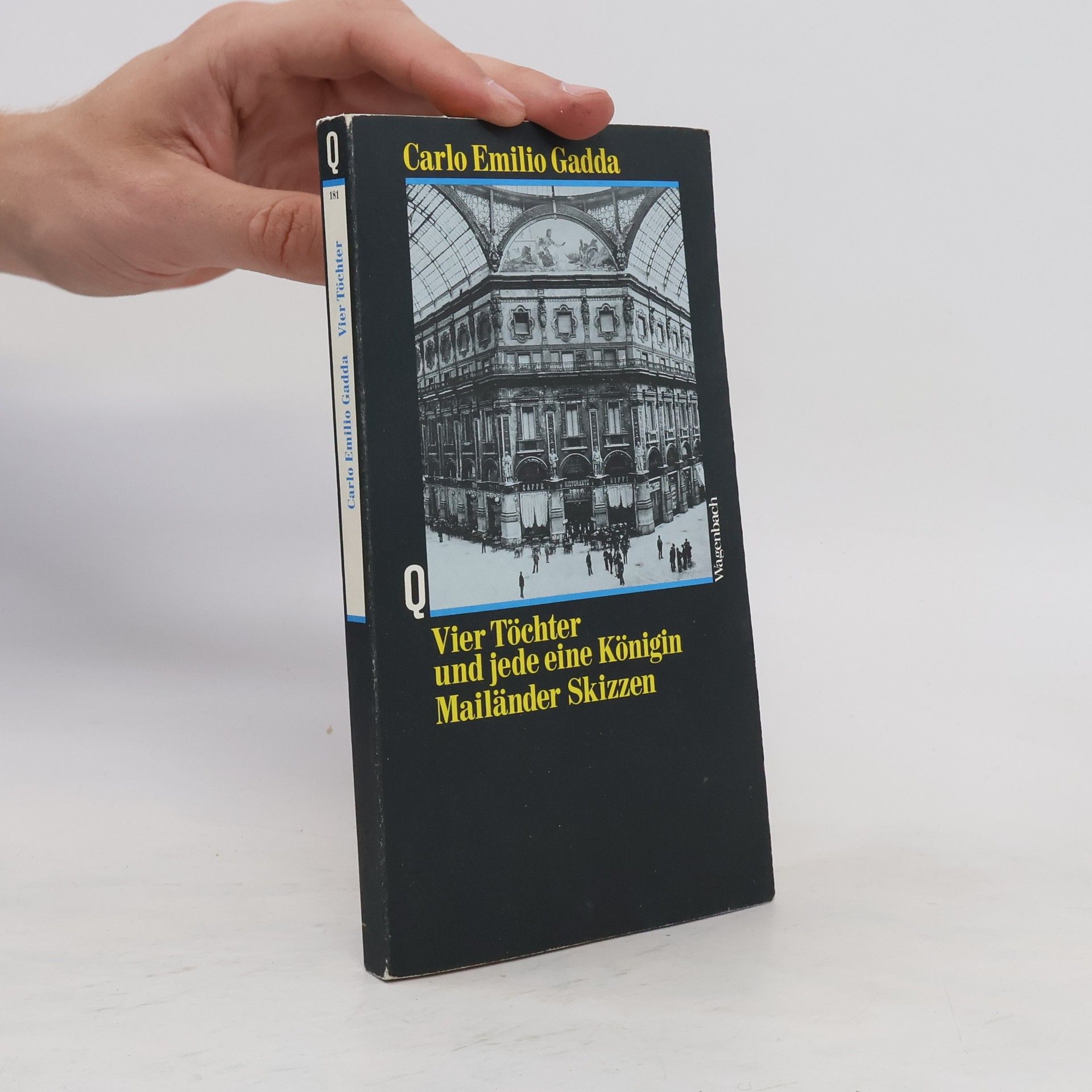The Experience of Pain
- 256pages
- 9 heures de lecture
'The seething cauldron of life, the infinite stratification of reality, the inextricable tangle of knowledge are what Gadda wants to depict' Italo Calvino At the height of Fascist rule in Italy and following the death of his mother, Carlo Emilio Gadda began work on his first novel, The Experience of Pain. This portrait of a highly educated young man whose anger and frustration frequently erupt in ferocious outbursts directed towards his ageing mother is a powerful critique of the society of his time and the deep wounds inflicted on his generation. Set in a fictional South American country, The Experience of Pain is at once richly imaginative and intensely personal: the perfect introduction to Gadda's innovative style and literary virtuosity. Translated by Richard Dixon

